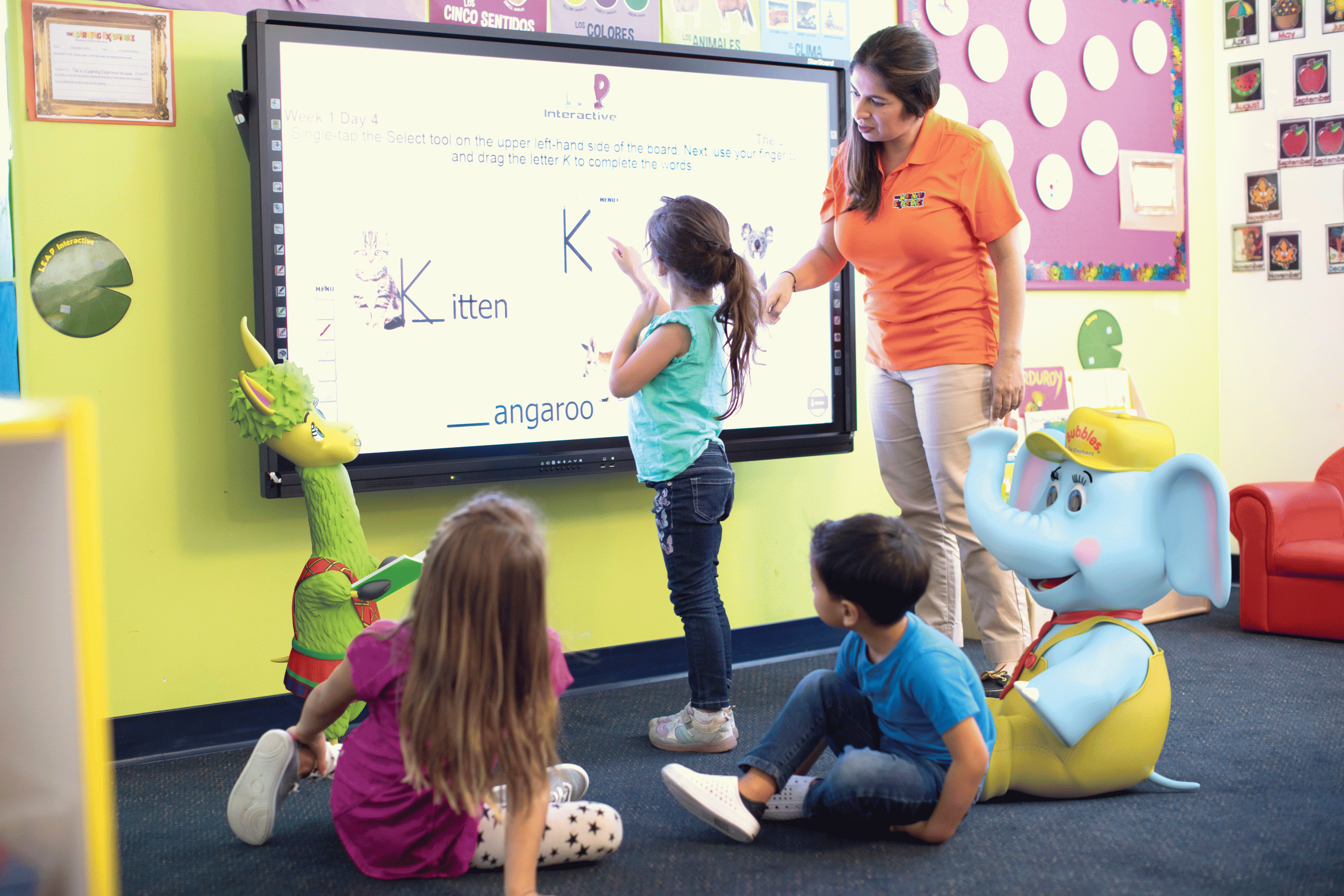Exploring the Transformative Learning Experience of Fictional Characters
In the vast world of literature, characters serve as the driving force behind captivating stories and narratives. While readers often focus on the events and plotlines, it is the learning experiences of these fictional characters that can truly resonate with us. Just like real-life individuals, fictional characters embark on transformative journeys, undergo personal growth, and acquire valuable life lessons. In this article, we will delve into the learning experiences of characters and their impact on readers, highlighting how these journeys can inspire and shape our own lives.

1. The Power of Self-Discovery:
Many fictional characters begin their stories unaware of their true potential or the world around them. Through a series of trials and tribulations, they embark on quests of self-discovery, unearthing hidden strengths, talents, and identities. By witnessing these characters’ journeys, readers are encouraged to reflect on their own lives, fostering a sense of self-awareness and the courage to explore uncharted territories.
2. Overcoming Adversity:
Character development often hinges on overcoming obstacles and adversity. Fictional characters face challenges that push them beyond their limits, teaching us valuable lessons in resilience, determination, and perseverance. Whether it’s conquering physical or emotional barriers, their triumphs inspire readers to face their own challenges head-on and persevere in the face of adversity.
3. Embracing Empathy and Understanding:
Great literature often highlights the importance of empathy and understanding. Characters from diverse backgrounds, cultures, and perspectives allow readers to step into their shoes and gain a deeper understanding of the human experience. By connecting with characters who are different from ourselves, we develop empathy, broaden our worldview, and learn to appreciate the richness of diversity.
4. Learning from Mistakes:
Characters, like real people, make mistakes and face the consequences. These moments of failure serve as powerful catalysts for growth and learning. Fictional characters provide readers with the opportunity to witness the repercussions of poor decisions and the subsequent paths to redemption. By observing these character arcs, readers can reflect on their own mistakes, learn from them, and strive to make better choices in their own lives.
5. Seeking Wisdom and Mentorship:
Mentorship is a recurring theme in literature, with wise characters guiding the protagonist’s journey. From Gandalf in “The Lord of the Rings” to Dumbledore in the “Harry Potter” series, these mentors impart wisdom, moral guidance, and life lessons. By observing the relationships between characters and their mentors, readers are encouraged to seek guidance and wisdom in their own lives, recognizing the value of mentorship and the power of shared knowledge.
Creating compelling learning experience characters involves several key elements. Here are some tips to help you develop characters that provide meaningful learning experiences:
6. Well-defined Goals and Motivations:
Give your characters clear goals and motivations that drive their actions and decisions throughout the story. These goals should be relatable and aligned with the themes and lessons you want to explore.
7. Flawed and Relatable Personalities:
Characters should have flaws and vulnerabilities that make them relatable and human. Flaws provide opportunities for growth and development as characters learn to overcome their limitations. However, ensure that their flaws don’t overshadow their positive traits and potential for growth.
8. Authentic Character Arcs:
Craft well-developed character arcs that allow your characters to undergo significant growth and change over the course of the story. Their experiences should challenge their beliefs, values, and perspectives, enabling them to evolve and learn from their experiences.
9. Internal and External Conflict:
Introduce internal and external conflicts that test your characters’ beliefs, values, and abilities. These conflicts should be integral to their learning journeys, forcing them to confront their weaknesses, make tough choices, and learn important lessons along the way.
10. Engaging Relationships:
Create meaningful relationships between characters that influence their growth and learning. These relationships can take the form of mentors, friends, allies, or even adversaries. Interactions with other characters provide opportunities for learning, empathy, and personal development.
11. Realistic Obstacles and Challenges:
Design challenges and obstacles that are realistic and reflect the themes and lessons you want to convey. These challenges should push your characters outside their comfort zones and require them to develop new skills, perspectives, or approaches to overcome them.
12. Reflective Moments and Inner Dialogue:
Incorporate moments of reflection and introspection for your characters. These moments allow readers to delve into the characters’ thoughts, emotions, and internal struggles, providing insights into their learning process and fostering a deeper connection between readers and characters.
13. Consistency and Authenticity:
Ensure that your characters’ actions, decisions, and growth align with their established personalities, motivations, and experiences. Consistency and authenticity make the learning experiences more believable and impactful for readers.
14. Balance Plot and Character Development:
Strike a balance between plot progression and character development. While plot events can provide opportunities for learning, it’s important to allocate sufficient time and space for your characters to reflect, learn, and grow organically.
15. Diversity and Representation:
Introduce diverse characters with varying backgrounds, experiences, and perspectives. This diversity allows readers to encounter different worldviews, fostering empathy, understanding, and appreciation for the richness of human experiences.
Conclusion:
The learning experiences of fictional characters offer a wealth of insights and inspiration to readers. As we follow their transformative journeys, we are invited to explore the depths of our own emotions, values, and aspirations. From self-discovery to empathy, from resilience to the pursuit of wisdom, these characters remind us of our own potential for growth and provide us with valuable lessons that can positively impact our lives. So, the next time you lose yourself in a book, pay attention to the learning experiences of the characters. You might just discover a world of wisdom waiting to be explored. Remember, creating impactful learning experience characters requires careful planning, thoughtful execution, and a deep understanding of the themes and lessons you want to convey. By investing time and effort into developing multidimensional characters, you can create stories that resonate with readers and leave a lasting impact on their lives.
